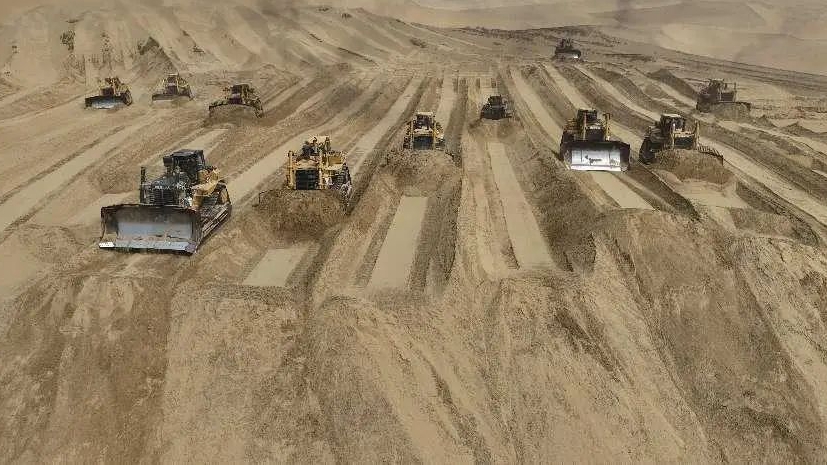Policy incentives set to sustain China's NEV boom
BEIJING, Oct. 3 (Xinhua) -- China has renewed its policy support for the new-energy vehicle (NEV) sector, a move that experts believe will further fuel an industry that is already in the fast lane.
Days ahead of the National Day holiday, usually seen as a peak shopping season, China announced that the purchase tax exemption for NEVs will be extended to the end of 2023. This marks the third extension since the country first implemented the policy in 2014.
Based on the selling prices of mainstream new-energy vehicles in the market, experts estimate that the policy will help car buyers save about 10,000 yuan (about 1,408 U.S. dollars), while policymakers expect it to result in 100 billion yuan of taxes waived nationwide.
Tax exemption has been proven an effective tool in spurring consumption. In the first seven months of the year, the policy has cut around 40.68 billion yuan in taxes, up 108.5 percent from the previous year, according to the State Administration of Taxation.
Experts believe that such a favourable policy will further unleash market demand for NEVs, a sector that has registered rapid expansion in recent years.
In the first eight months of this year, a total of 3.86 million NEVs were sold in China, surging about 110 percent year on year, according to the China Association of Automobile Manufacturers (CAAM).
Globally, China has ranked first in terms of production and sales for seven straight years since 2015, said Xin Guobin, vice minister of industry and information technology.
The boom in China's NEV sector came as the world's second-largest economy rolled out a raft of policy incentives to spur the development of NEVs.
Meng Wei, spokesperson for the National Development and Reform Commission, said that China has regarded NEVs as a focal point in the transformation of its automobile industry, putting in place a policy framework that has provided a solid underpinning for its development.
One element in the plan is the development guideline for the NEV industry unveiled in 2020. The document listed five main tasks for NEV development from 2021 to 2035, including improving technology innovation capacity, building new-type industry ecosystems and enhancing infrastructure.
In addition, more than other 600 supporting policies have been rolled out by central and local governments, covering technological innovation, promotion and application, and security.
Sustained policy incentives have helped the sector achieve breakthroughs in areas such as technology development and market growth, said Shi Jianhua, deputy secretary general of the CAAM.
So far, China has established a complete industrial system, with progress made in core technologies such as batteries, motors and controllers, Shi said.
Data shows that sales of NEVs in the country topped 11.08 million units as of the end of May, compared with only 20,000 units at the end of 2012.
Meng believes there is still great growth potential in China's NEV market, saying that the country is seeing consumption upgrading, with a generation of young consumers who are more receptive to new technologies and products.
More policy moves are in the pipeline. According to Meng, China will work to further improve its NEV-related policy system, optimize industrial layout, step up technological innovation and deepen international cooperation in the sector.
Photos
Related Stories
- China to boost management on NEV battery recycling
- China's Jiangsu sees record NEV output in first 7 months of 2022
- China unveils plan to boost NEV charging on highways
- China's NEV sector enters fast lane amid decarbonization drive
- World's new No 3 BYD charged up over EV sales
- Chinese automaker Chery posts strong NEV sales in Jan.-April
- Interview: China set to remain world's largest NEV market, says BMW CFO
- SAIC-GM-Wuling posts strong NEV sales in Q1
- China’s rapidly expanding sales of new energy vehicles set to capture 65 percent share of global market
- China's NEV production, sales soar in first two months
Copyright © 2022 People's Daily Online. All Rights Reserved.









